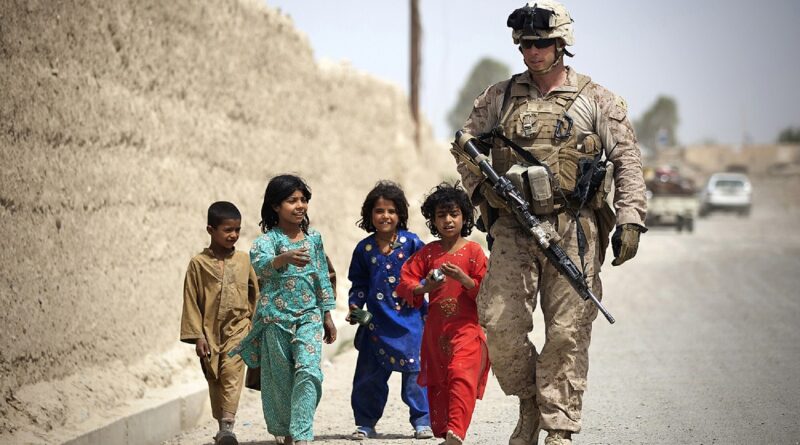The kids are in danger
The negative effects of high-conflict divorce on kids
The negative effects of high-conflict divorce on kids can be tremendous and it’s crucial to prioritize your children’s well-being. The challenge is that both sides need to be on the same page. If your spouse hates you more than they love the kids then they will rather see you suffer even though it may create collateral damage. this is the worst kind of damage to avoid.
Minimize the conflict as much as possible
Strive to work with the other side to create a supportive and nurturing environment. Co-parenting effectively and minimizing exposure to conflict can significantly reduce the negative impact on children.
Examples of impacts:
The negative effects of high-conflict divorce on kids can vary depending on factors such as their age, temperament, support system, and the intensity and duration of the conflict. Here are some potential effects:
-
Emotional distress: Children may experience heightened levels of anxiety, depression, anger, or confusion due to the ongoing conflict between their parents. They may feel caught in the middle and struggle with divided loyalties. My youngest son and daughter certainly experienced this. They were 5 and 7 years old and at that age they wanted to be with their dad. “But daddy, when are you going to come home?”. This simple phrase was heart breaking.
-
Poor academic performance: The emotional turmoil and stress associated with a high-conflict divorce can impact a child’s ability to concentrate, leading to decreased academic performance and a decline in school grades. I have seen this happen to my children, Their reading , math and even English scores started going down soon after the divorce began.
-
Behavioral issues: Children might exhibit behavioral problems such as aggression, defiance, or withdrawal. They can also have difficulty managing their emotions and may struggle with impulse control or have trouble forming healthy relationships. These changes from the norm may develop in noticeable ways, gradually.
-
Physical health issues: Chronic stress and emotional distress can contribute to physical health problems, such as headaches, stomachaches, or weakened immune systems.
-
Interpersonal difficulties: Children exposed to high conflict between their parents may have difficulty forming and maintaining healthy relationships. They may struggle with trust, communication, and conflict resolution skills.
Research suggests that the negative effects of high-conflict divorce can have long-term consequences. It may impact their overall well-being, self-esteem, future relationships, and even their own ability to navigate conflict as adults.
In summary then, research shows that children of divorce are more likely to have socio-emotional, academic, and mental health concerns, such as anxiety, stress, depression, insomnia, behavioral issues, challenges in making and keeping friends, and trouble at school. According to the Royal College of Psychologists,
A child may feel:
- a sense of loss – separation from a parent can mean you lose not only your home, but your whole way of life
- different, with an unfamiliar family
- fearful about being left alone – if one parent can go, perhaps the other will do the same
- angry at one or both parents for the relationship breakdown
- worried about having caused the parental separation: guilty
- rejected and insecure
- torn between both parents.



